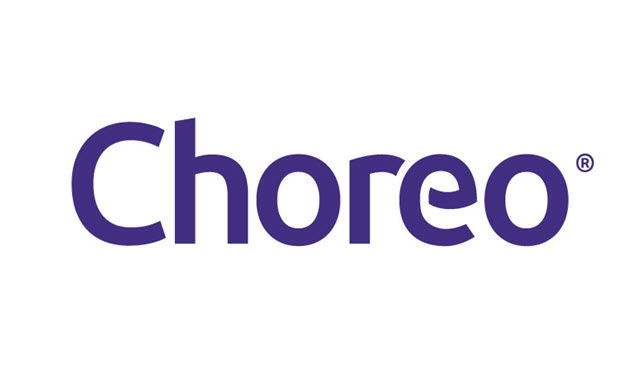Tax season insights for CPAs: Solutions that match your valuable tax insights

In his role as Senior Wealth Strategist, Clint
leverages his 15-year career in legal practice to
support Choreo advisors and clients in advanced
transfer tax, income tax, estate, and business-planning matters. Clint lends his expertise in a
wide array of business and personal matters.
As tax season progresses, CPAs often uncover valuable insights into their clients’ tax and financial situations. Don’t let them go to waste! Here are three tax insights that CPAs may encounter during filing season and actionable solutions:
Q What tax solutions might CPAs offer to clients with significant investment portfolios and portfolio income?
A Many high-net-worth clients and their financial advisors may not be considering the tax impacts of their portfolio moves. This lack of tax focus can create unnecessary capital gain income or lost tax-loss harvesting opportunities.
Direct indexing tools, like Choreo Tax Advantage™, can offer an impactful strategy for clients seeking tax-efficient portfolio management. Instead of investing in a traditional index fund, direct indexing involves purchasing individual securities that replicate an index. This approach provides granular control over the portfolio and creates opportunities for tax-loss harvesting.
CPAs can collaborate with financial advisors or investment platforms specializing in direct indexing to help clients gain enhanced after-tax returns and improved portfolio diversification.
Q What tools are available to CPAs helping clients who hold appreciated real estate investments but want to go more passive?
A Clients with appreciated real estate may face steep capital gains taxes upon sale. A Delaware statutory trust (DST) provides the ability to defer these taxes by reinvesting proceeds into like-kind property. DSTs also provide a passive investment option, alleviating the burdens of active property management.
CPAs can partner with professionals specializing in DST investments to identify suitable DST opportunities for clients.
Q How can CPAs help clients manage the tax impact of required minimum distributions (RMDs) from non-Roth accounts?
A Upon reaching RMD age, clients with substantial tax-deferred account balances must begin taking annual distributions, which can push them into higher tax brackets and increase Medicare premiums. A qualified charitable distribution (QCD) allows clients to reduce income from RMDs dollar for dollar by contributing to qualified charities (up to $108,000 in 2025). Similarly, Roth conversions enable clients to strategically shift funds from traditional IRAs to Roth IRAs, paying taxes now to potentially reduce future RMDs and create tax-free growth.
CPAs can review clients’ RMD schedules and tax brackets to identify opportunities for QCDs and Roth conversions.
Sponsored by:















